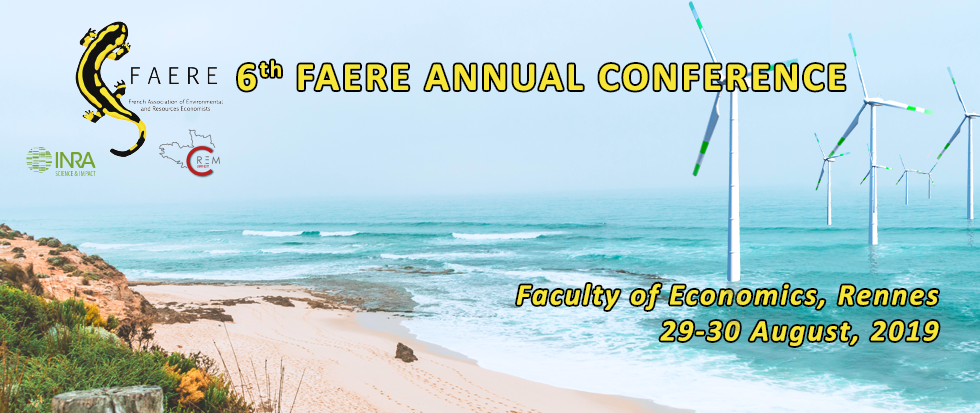We represent in a formal model a policy argument concerning the pertinence of the adoption of a restrictive environmental policy limiting the use of abundant fossil energy resources in developing countries. This ``right to develop'' argument highlights the risk that such a policy may halt economic development, and therefore impose persistent environmental damages, as well as consumption below potential. One assumption is crucial for the argument to hold: polluting fossil energy is an essential input over the early phase of economic development, but not in the later phases following structural change. We show that it is an empirically plausible case. A more environmental friendly policy stance for ``sober development'' is based on a trade-off between investment effort and the cleanliness of equipment in the early phase of development through industrialization. In contrast, the additional policy objective of maintaining the cumulation pollution below a ceiling may result in even faster development and temporarily higher polluting emissions.

Managing energy for development
1 : Center for Environmental Economics - Montpellier
(CEE-M)
-
Website
Université de Monptellier, CNRS : FRE2010, Institut national de la recherche agronomique (INRA) : UMR1135, Montpellier SupAgro
Université de Montpellier Site Richter bâtiment C Avenue Raymond Dugrand CS 79606 34960 MONTPELLIER Cedex 2 -
France
2 : Institut de Recherche en Gestion et en Economie
(IREGE)
-
Website
Université Savoie Mont Blanc
Université Savoie Mont Blanc 4, chemin de Bellevue B.P. 80439 74944 Annecy-le-Vieux Cedex -
France
3 : France Stratégie
France Stratégie
rue de Segur, Paris -
France
4 : Institut de Recherche en Gestion et en Economie
(IREGE)
* : Corresponding author
Université de Savoie
4, Chemin de Bellevue - BP 806 74016 Annecy -
France


